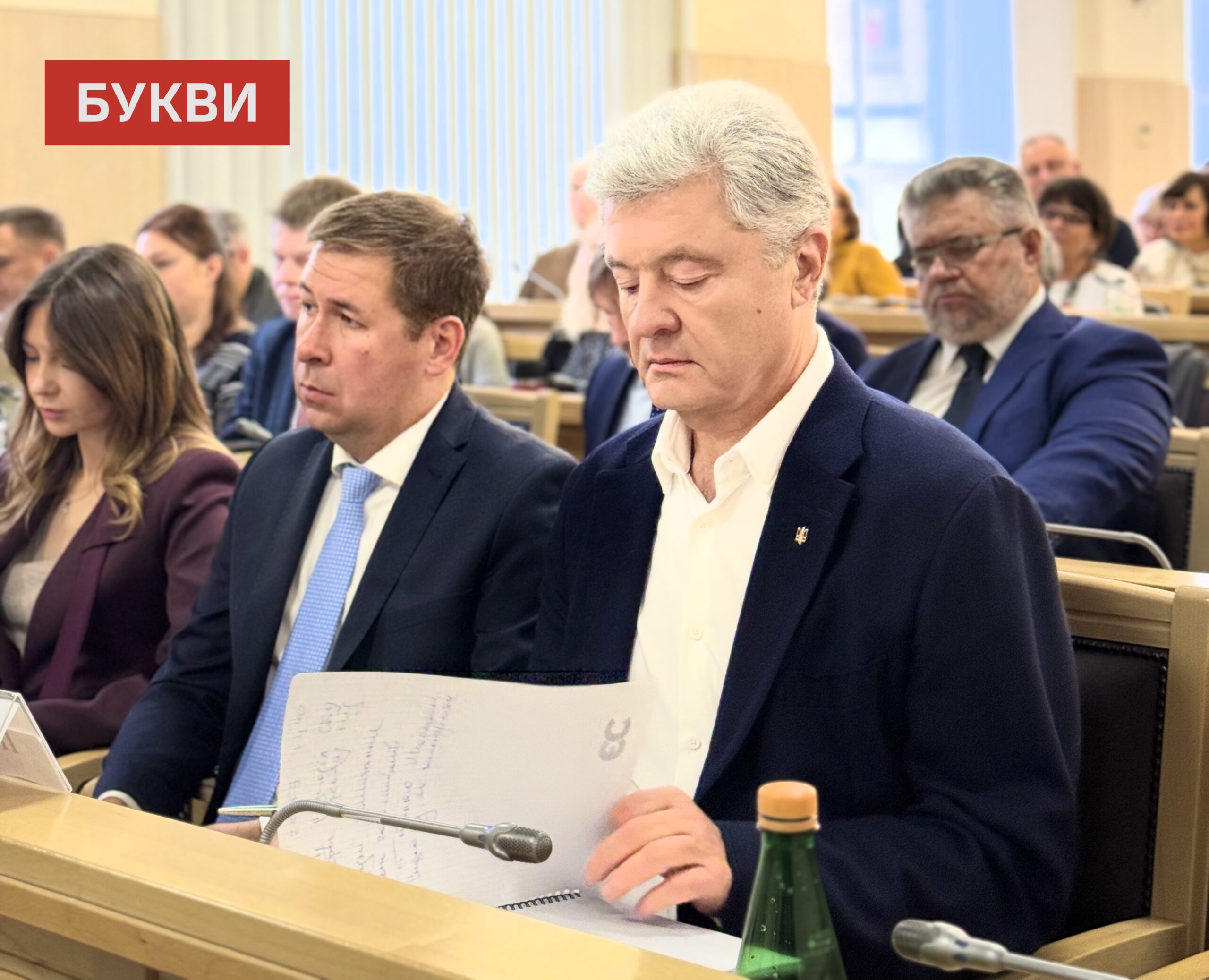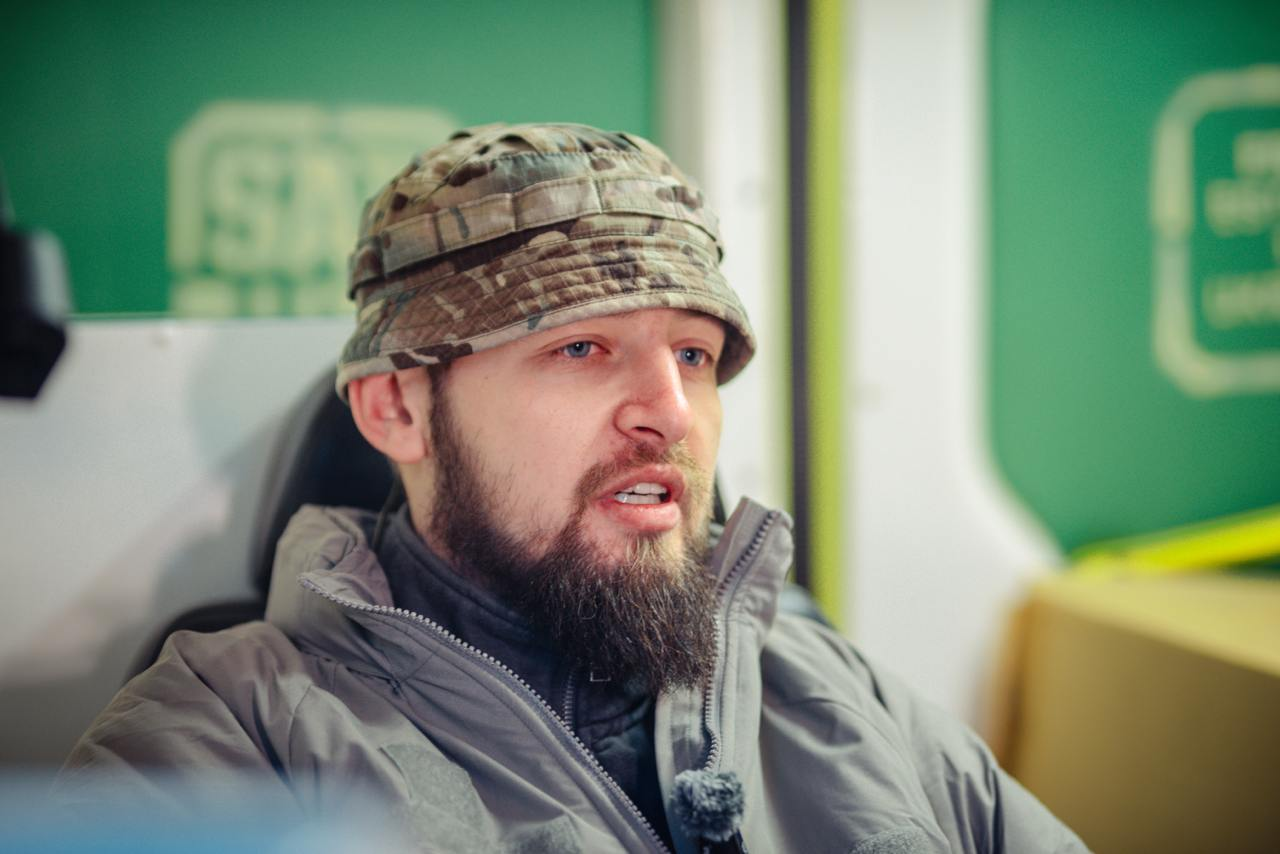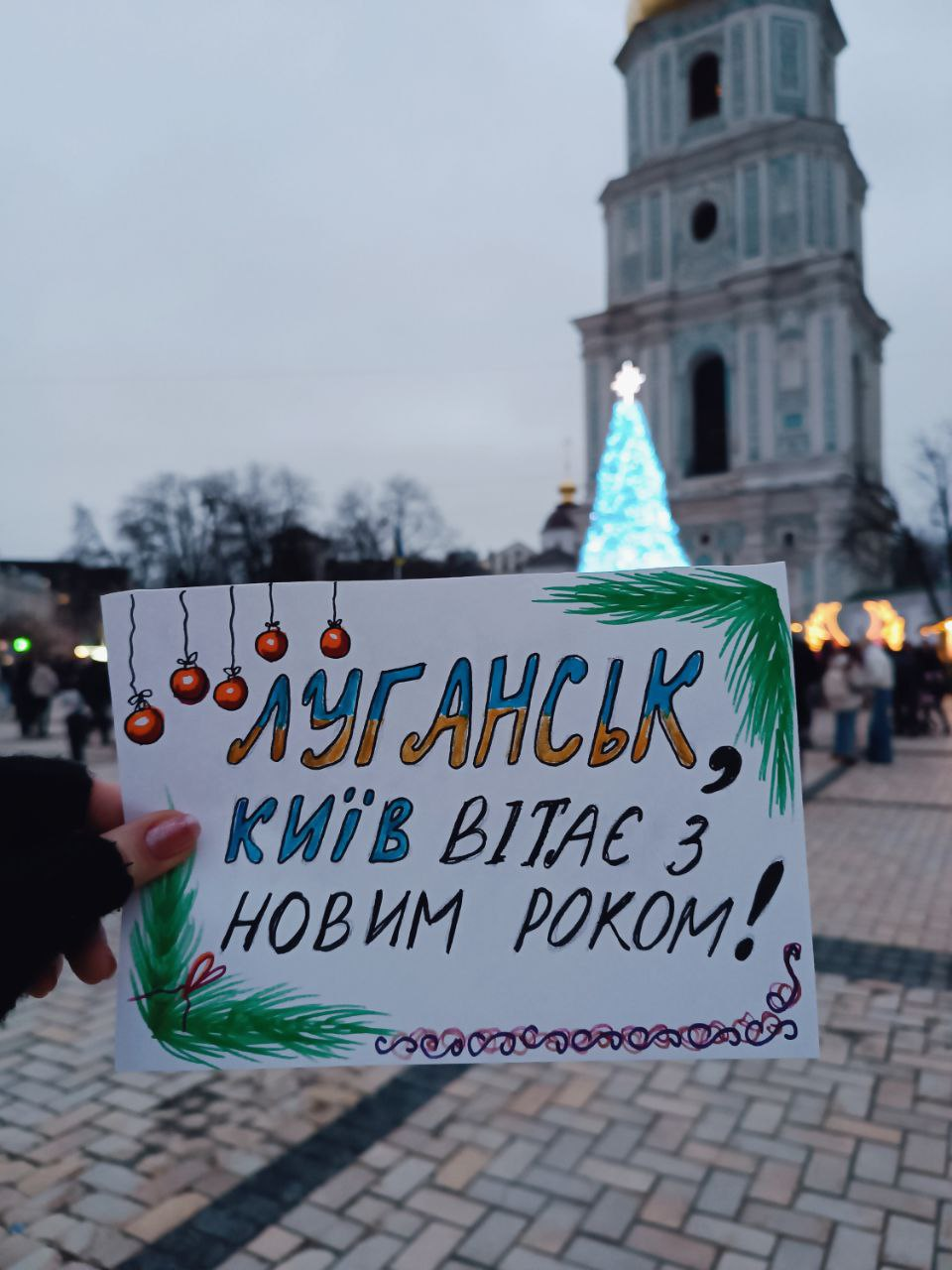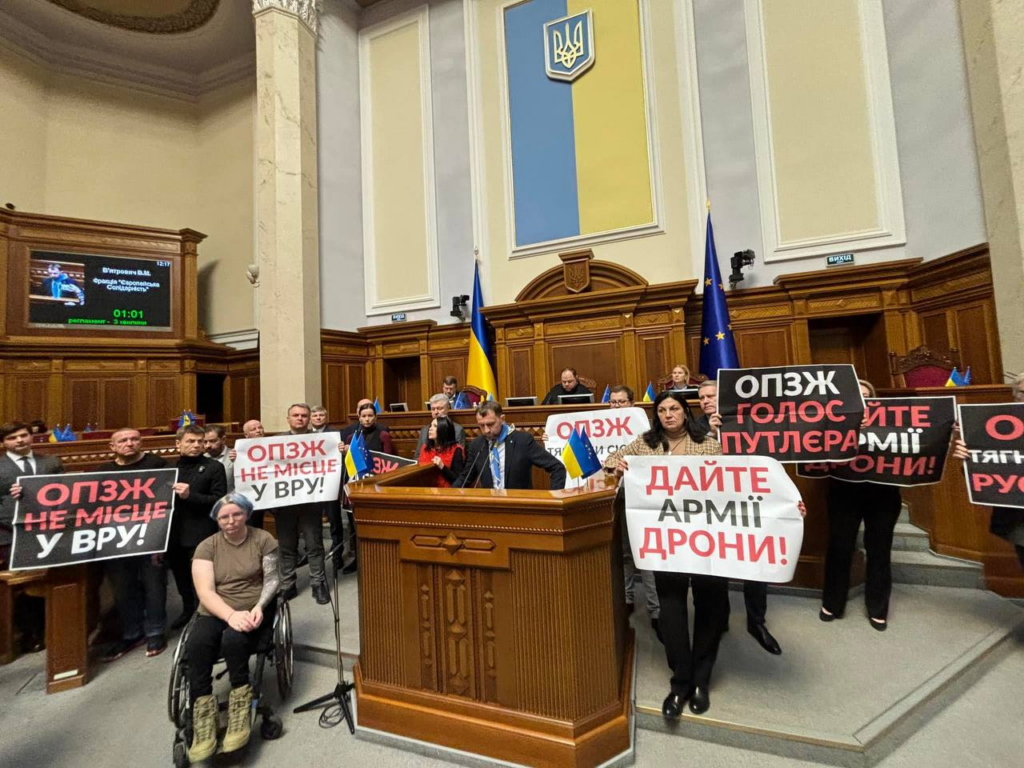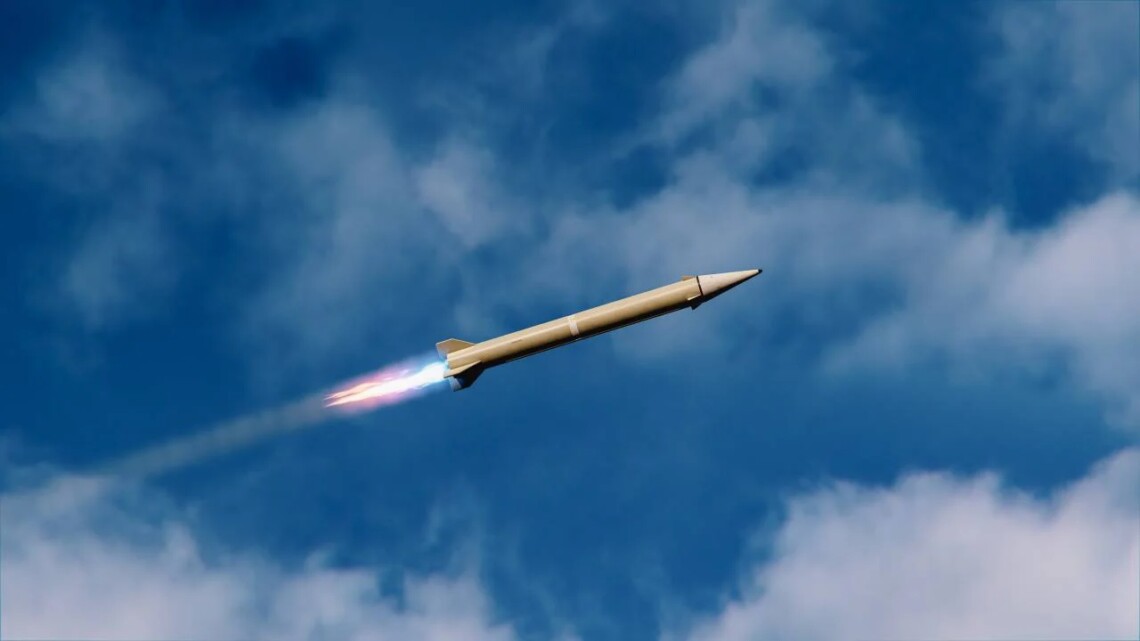‘There will be no elections’, but preparations are on the way
Source: Center for the Studies of the Ukrainian Legislation
The first discussions about the upcoming elections returned to the political environment in the summer of 2022 – even before the Armed Forces of Ukraine knocked out the Russians from Kharkiv region and Kherson. For almost two years, the idea of holding elections during a full-scale war with Russia has been discussed by everyone who has intentions and hopes to take part in them, publicly denying the very idea of such a development.
The president has already made several statements that there will be no elections before the end of the war against Russia, especially because there is no money to hold them. Recently, representatives of the parliamentary factions signed an agreement that the next elections can be held only after the end of the martial law. And they emphasized that such a step should be another evidence that politicians do not think about ratings, but focus on protecting the country. A little earlier, the US State Department also cautiously noted that they understand the fact that in the current conditions it is not time to hold elections in Ukraine.
To blame a politician for the fact that he/she is preparing for the elections is absurd. A politician who does not want to be elected and come to power is like an agronomist who does not want to grow and harvest crops, or a soldier who does not want to kill or capture the enemy. Actually, the whole life of a politician in a democratic country is the preparation for the upcoming elections, which stops only for the period between the start of voting and the announcement of the results of the current election, experts note.
However, the peculiarity of the current situation is that, despite all possible preparation, only one person in the country has the opportunity to launch the election process.
The Constitution directly provides that the president’s tenure in office is legitimate until the newly elected president takes office, and the election is illegal under martial law. If the Verkhovna Rada majority do not decide to change this, then Volodymyr Zelensky will remain in the office as long as martial law continues.
The problem with the elections to the Verkhovna Rada is much more serious than just the content of the Law ‘On the Legal Regime of the Martial Law’. Article 83 of the Constitution of Ukraine states that if the term of office of the Verkhovna Rada of Ukraine expires during a state of the martial law or a state of emergency, its powers shall be extended until the day of the first meeting of the first session of the Verkhovna Rada of Ukraine elected after the abolition of the state of martial law or state of emergency.
In this norm, everything is extremely clear – the next legal convocation of the Verkhovna Rada can only be elected: a) after martial law; b) after its cancellation.
If these conditions are not met, in fact there will be two convocations of the Verkhovna Rada in Ukraine – the current, ninth, the term of office of which the Constitution extends until the election of the next convocation, which can only take place after the cancellation of the martial law by presidential decree. If this algorithm is not followed, every decision of the newly elected convocation of the Verkhovna Rada may be declared null and void, since the MPs who will vote for it were elected contrary to the Constitution, the norms of which are norms of direct action.
There is no need to talk about the possible consequences of this, since it is the Parliament that is the central institution in the state mechanism, and not the President’s office, as it might have seemed during the past 4 years, and not even the president himself. Even during the war.
With the abolition of the martial law, not everything is simple either. The president can issue a corresponding decree on his own; this does not require the approval of the Verkhovna Rada. However, the norms of Part 2 of Article 7 of the Law ‘On the Legal Regime of the Martial Law’ provide that the martial law can be canceled in the entire territory of Ukraine or in some of its localities before the end of the period for which it was imposed, provided that the threat of attack or danger to the state independence of Ukraine is eliminated. The probability of such a condition occurring in the near future is zero.
However, this obstacle is purely theoretical, since if the president’s decree cancelling martial law is issued, it will become binding at least until it is overturned by a court, which is unlikely to be expected in the near future (or ever, as it knocks out the cornerstone of the entire structure of the legality of the authorities in Ukraine, elected as a result of the issuance of this decree). Since president Zelensky has already issued decrees that are formally illegal (several of them have already been canceled by the court), the probability of such a scenario is non-zero, the article says.
Therefore, taking into account the described distribution of powers and the fact that the subjectivity of the MPs is reduced to pressing a button that will be indicated from the President’s office, the only person whose electoral intentions matter is Volodymyr Zelensky.
The recent article in The Economist touched on the topic of the drop in the president’s rating (which means the drop in the rating of any party associated with him) – to ~32% in November. This drop is a consequence of the fact that all the problems that led to a drop in Zelensky’s rating in December 2021 – January 2022 only deepened with the beginning of the Great War. In addition, after a number of corruption scandals, the society is inclined to think that the government is the cause of these problems.
The analysis says that this drop is also the continuation of a stable trend that resumed. After the beginning of the full-scale invasion, Ukrainians once again entrusted Volodymyr Zelensky with the role of leader and the support reached 80-90%. Although the trust rating is not equivalent to the political rating and the election result, the dynamics of its decline explain the intention to hold elections while there is still something to rely on. This factor can also explain the illogical public actions of the authorities against the commander-in-chief of the Armed Forces, whose public trust exceeds that of the president by more than twice, according to The Economist.
Volodymyr Zelensky himself, in an interview to The Sun, reminded that he is the Commander-in-Chief and is hierarchically superior to General Zaluzhnyi, adding that ‘the military should not engage in politics, otherwise in war he will act as a politician, not as the military’. Regarding the military in politics in general, according to the president, the decision to participate in political activities in the 2014 elections allegedly ‘destroyed the reputation’ of those military who made this decision for themselves.
The Center also reminds about the ridiculous escapades of Mariana Bezuhla and Davyd Arakhamia, which are replicated precisely for the purpose of attacking the credibility of Zaluzhnyi personally, even though he himself has not even hinted any political plans.
As the article concludes, if we recall the previous plans of the authorities, which consisted in attempts to reach an agreement with Russia through unilateral concessions on the part of Ukraine, and postpone the most pressing issues, and how these intentions ended, we can only hope that this time, the authorities will not waste time and will prepare for another large-scale offensive by Russia, which has not given up its intention to destroy the Ukrainian state.
After the start of the full-scale invasion in February 2022, Ukraine witnessed an unprecedented wave of private support for the army. Citizens, big businesses, charitable foundations, and international philanthropists began financing the country’s defense alongside state assistance provided by international partners. Estimates of total private contributions range from tens to hundreds of billions of hryvnias. However, determining the exact amount remains difficult. In many cases, companies combine military aid, humanitarian programs, tax payments, social spending, and employee support in their reporting.
Military serviceman of the International Legion for the Defense of Ukraine with the call sign “Paradox” is the crew commander of the American M113 armored personnel carrier. He is a master at using it and is constantly improving, because the legionnaire’s skills are tested every day in battle. You have to drive to the front lines, often under artillery fire and drone attacks.
Notorious supporter of the concept “in order for a cow to eat less and give more milk, it needs to be fed less and milked more” “Servant of the People” Danylo Hetmantsev, under the guise of “business requirements”, registered a draft law on the collection of VAT on all foreign purchases, regardless of their value. In other words, every Ukrainian, buying goods of any value and purpose abroad, when sending them to Ukraine, will have to pay an additional fifth part, or 20% of the cost of the goods.
When Russian missiles began barraging Ukrainian cities in the first moments of the full-scale invasion,…
On the last Saturday of November, Ukraine commemorates the victims of the Holodomor of 1932–1933…
